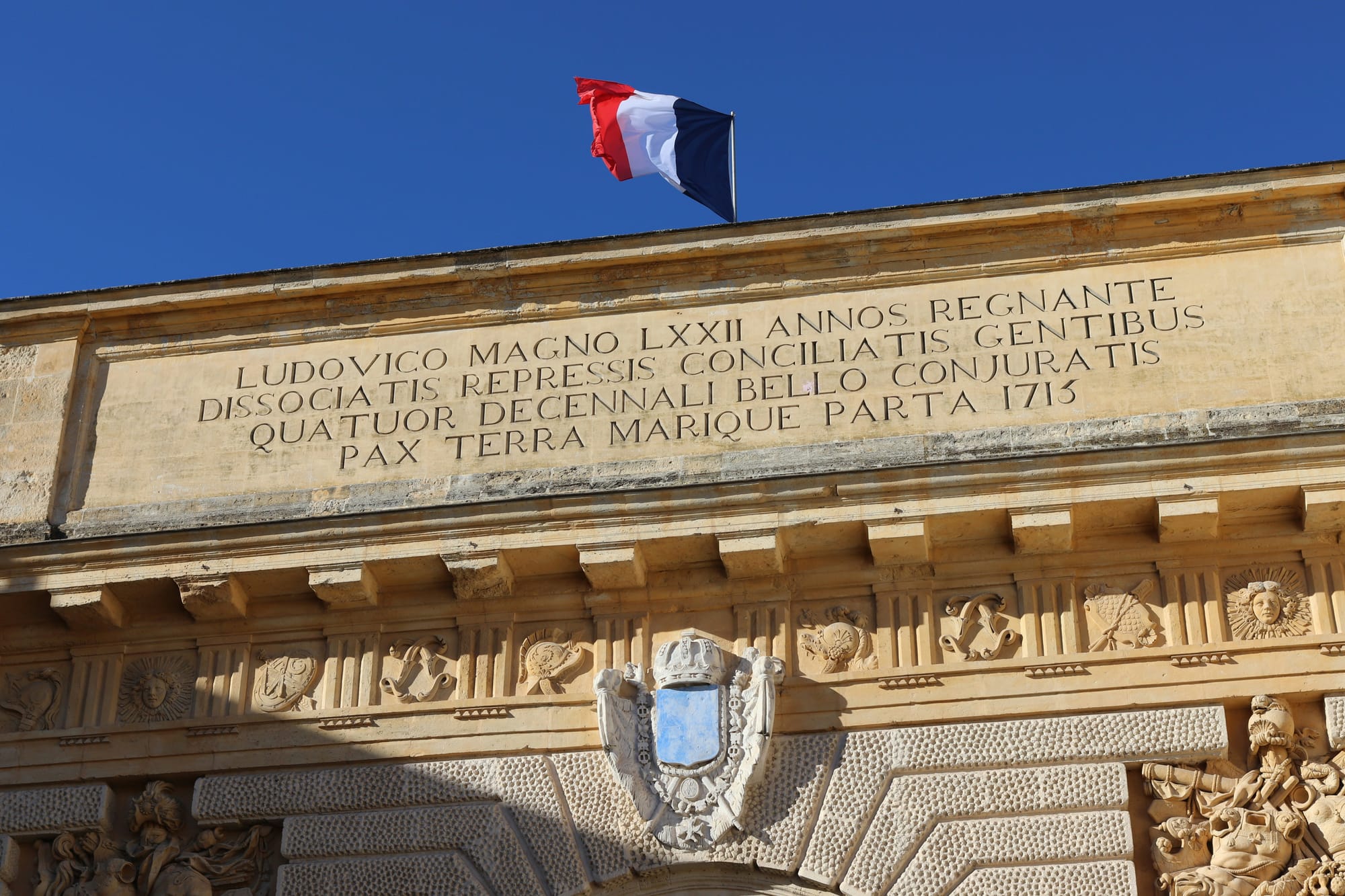NZ dollar rallies as expectations build for Fed rate cut; French PM to go
SpaceX bags more telco spectrum.

The New Zealand dollar climbed to a three-week high as government bond yields continued to ease amid heightened expectations for the Federal Reserve to cut its key rate at this month’s policy meeting, helping spur gains on Wall Street and keeping gold prices elevated.
Across the Atlantic, French prime minister Francois Bayrou lost his confidence vote in the National Assembly, leaving President Emmanuel Macron to find his fifth PM in less than two years.
EchoStar rallied 19% after Elon Musk’s SpaceX agreed to pay US$17 billion for the firm’s wireless spectrum, weighing on other telecommunications carriers on both sides of the Atlantic.
And Australian media reports Brookfield is at the pointy end of negotiations to buy the Clarus group of gas distribution firms built around the First Gas network.
Read for take-off
The kiwi dollar rose to 59.40 US cents at 7am in Auckland from 59.01 cents yesterday – its highest level in three weeks – as falling government bond yields sapped investors’ demand for the greenback on growing expectations the Federal Reserve will cut the federal funds rate at this month’s policy meeting.
Jobs growth at a third of the pace expected in August ramped up bets the Fed might trim the key rate by half a percentage point, with US inflation figures later this week seen as having a high bar to stay the central bank’s hand. The European Central Bank is expected to keep its key rates unchanged this week.
The growing calls for lower interest rates spurred on Wall Street’s gains, with the S&P 500 nudging up 0.2%, while the tech-heavy Nasdaq Composite advanced 0.5% with semiconductor firm Broadcom extending its rally from a strong result last week.
EchoStar surged 19% after agreeing to sell wireless spectrum to Elon Musk’s SpaceX for US$17 billion both in the US and abroad, giving the Starlink satellite arm greater connectivity. The deal weighed on other carriers such as T-Mobile, AT&T and Verizon in the US.
And US National Travel and Tourism Office figures showed international visitor spending fell 3% in July from a year earlier.
Bye bye bye
Meanwhile, the New Zealand dollar advanced to 50.50 euro cents from 50.38 cents yesterday after French PM Francois Bayrou lost a parliamentary vote of confidence amid growing opposition to attempts to rein in ballooning public debt for Europe’s second-biggest economy.
That followed another high-profile political exit when Japan’s prime minister Shigeru Ishiba announced his resignation over the weekend. The kiwi advanced to 87.59 yen from 87.44 yen yesterday.
“The NZ dollar has been out of favour recently despite a backdrop of NZ’s goods terms of trade rising to a record high and a massive fall in the trade deficit over the past couple of years,” Bank of New Zealand senior markets economist Jason Wong said in a note. “And while the economy hit a pothole in Q2, growth momentum has turned positive in Q3.”
Australian futures are pointing to a 0.3% decline for the S&P/ASX 200 index when trading opens across the Tasman, while the kiwi dollar increased to 90.11 Australian cents at 7am from 89.92 cents yesterday.
Local data today include Statistics New Zealand’s June quarter manufacturing and wholesale trade figures, which will help economists firm up their forecasts for the period’s gross domestic product.
Among NZX-listed companies shedding rights to upcoming dividend payments today are Argosy Property and Spark New Zealand.
And the Australian Financial Review’s Street Talk column reported Brookfield is in advanced talks to buy Igneo Infrastructure Partners’ Clarus Group of gas distribution networks, which the firm built around Vector’s old First Gas lines, that could value the business at more than A$2 billion. Powerco is said to be working with Brookfield, with an agreement expected in the coming weeks.
Reporting by Paul McBeth. Image from Nathan Cima on Unsplash.







